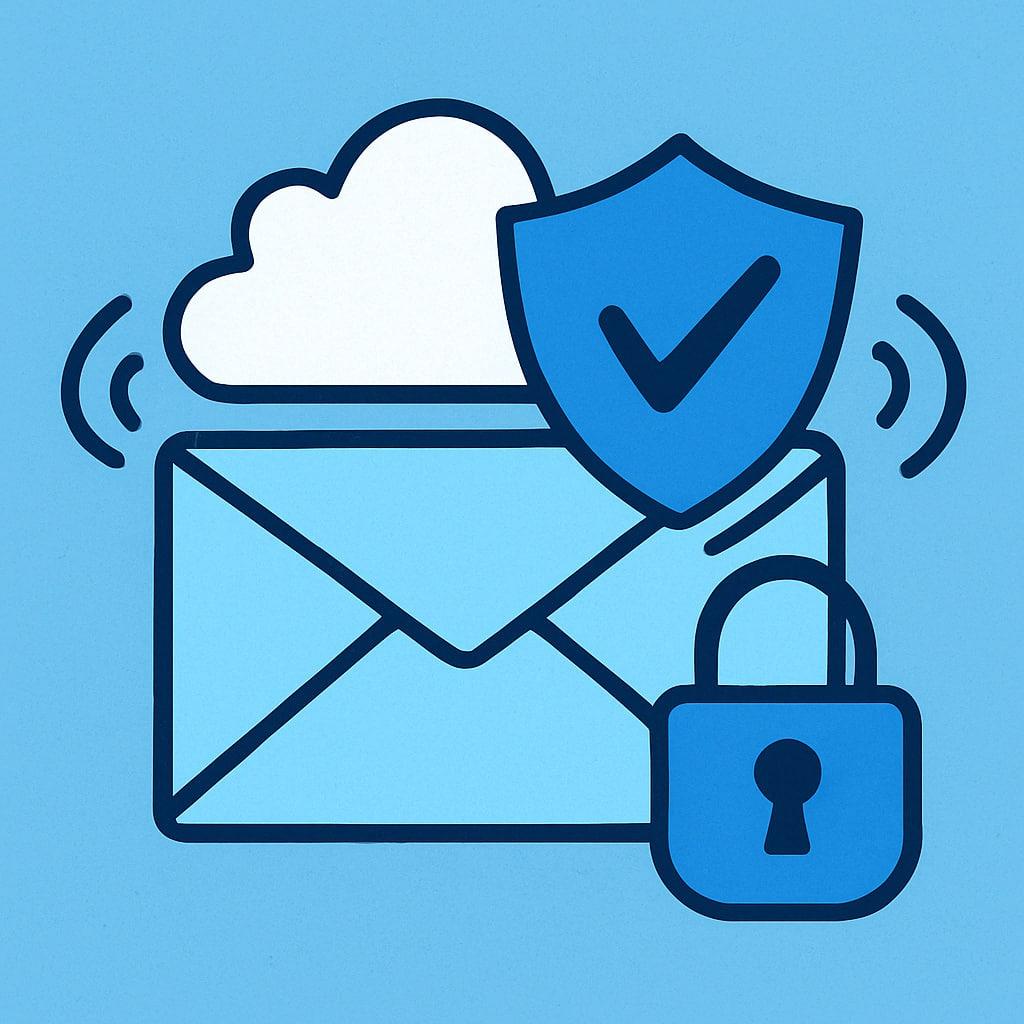In a world where everything you do online is tracked, analyzed, and often stored forever, anonymous Browse has gone from a niche hobby to a basic digital survival skill. Whether you're shopping, researching, or just trying to avoid creepy ads following you across the web, anonymity matters more than ever in 2025.
The good news? You don’t need to be a tech expert or spend money on fancy software. There are powerful and completely free tools that can help you stay anonymous online. In this guide, we’ll walk through the best ones — from private browsers to temporary emails — and how to use them effectively.
🔒 1. Tor Browser – The Gold Standard for Anonymity
Tor (The Onion Router) is still one of the best tools for Browse anonymously. It hides your IP address and routes your traffic through multiple nodes worldwide, making it nearly impossible to trace your activity back to you.
Pros: Free, open-source, very secure
Cons: Slower than normal Browse, some sites block Tor users
Tip: Use Tor with HTTPS Everywhere (already included in the browser) for maximum encryption.
🧪 2. Temporary Email with TempMailo – Protect Your Inbox
You're often asked for an email address when signing up for online services, downloading freebies, or accessing forums. But sharing your real one is risky — you’re opening the door to spam, tracking, and leaks.
TempMailo gives you a free, disposable email that lasts for 1 hour. It’s perfect for one-time signups where you don’t want to reveal your real identity.

Use cases:
- Registering on unfamiliar websites
- Testing online services
- Joining giveaways or downloads without spam
Using a temp mail is one of the easiest and most underrated ways to keep your real data safe online.
🛡️ 3. VPN (Virtual Private Network) – Secure Your Connection
VPNs encrypt your internet traffic and mask your IP address, allowing you to browse from different virtual locations. They’re essential if you use public Wi-Fi or want to bypass regional restrictions.
While many VPNs are paid, some free options still provide solid protection:
- ProtonVPN (Free plan): No data limits, based in privacy-friendly Switzerland
- Windscribe (Free tier): 10GB/month with extra privacy tools
Important: Avoid "too good to be true" VPNs — some free ones are known to log and sell your data.
🌐 4. Private Search Engines – Search Without Being Watched
Google knows everything about you: what you search, when you search, and what you click. But alternatives exist that respect your privacy:
- DuckDuckGo: No tracking, solid search results
- Startpage: Get Google's search results, but anonymously
- Brave Search: A fast-growing independent search index
Use these when researching sensitive topics, or when you simply want to search without being profiled.
🧭 5. Anonymous Browsers – Block Trackers by Default
Besides Tor, there are other browsers that help reduce tracking:
- Brave: Blocks ads and trackers by default
- Firefox (with privacy settings tweaked): Powerful and customizable
Bonus tip: Use incognito mode + a temp mail + VPN for maximum anonymity in any browser.
📵 6. Block Trackers and Fingerprinting
Even with private Browse, websites use sneaky methods like browser fingerprinting to identify you. Here’s how to fight back:
- uBlock Origin: The best ad/tracker blocker for Chrome/Firefox
- Privacy Badger: Learns and blocks invisible trackers automatically
- CanvasBlocker (Firefox): Helps prevent browser fingerprinting techniques
Combine multiple blockers for layered protection.
📱 7. Mobile Privacy Tools
Don’t forget your phone — it collects more data than your PC. Try these:
- Orbot: Tor for Android
- Blokada: Free ad/tracker blocker for mobile
- DuckDuckGo App: A private browser with built-in tracker blocking
On Android, you can even use TempMailo’s mobile web version to get anonymous email anywhere.
📦 8. Use Containers and Sandboxing (Advanced)
For more advanced users, containers help isolate your online activity:
- Firefox Multi-Account Containers: Keep sites from sharing cookies and data across tabs
- Virtual Machines (VMs): Full OS sandboxing for ultimate privacy and security
It may sound complex, but containers are great for using different digital identities online.
🧠 9. Think Before You Click – Your Best Tool
All tools aside, your brain is the best privacy shield. Avoid sharing personal info unnecessarily. Always use a temp mail for suspicious services. Question every popup asking for access or data.
Using these tools is a great step towards digital freedom, but true online safety also means understanding the threats you're up against. To learn more about how your data can be compromised, we recommend reading our guide on how hackers target your email and how to stop them.
🔚 Conclusion
Staying anonymous in 2025 doesn’t require hacking skills or expensive software. With free tools like TempMailo, VPNs, Tor, and privacy-focused browsers, you can take back control of your online identity.
Whether you're avoiding spam, protecting sensitive research, or just want to browse without being tracked — these tools give you the freedom to move safely through the digital world.
Start with TempMailo’s temporary email — it’s free, fast, and built for privacy.
 Svenska
Svenska English
English Русский
Русский Español
Español Eesti köl
Eesti köl Deutsch
Deutsch Italiano
Italiano 한국인
한국인 Türkçe
Türkçe 日本
日本 Português
Português Bahasa
Bahasa Polski
Polski Українська
Українська (اللغة العربية)
(اللغة العربية) Češka
Češka Български
Български Tiếng Việt
Tiếng Việt ελληνικά
ελληνικά แบบไทย
แบบไทย Franska
Franska Dutch
Dutch